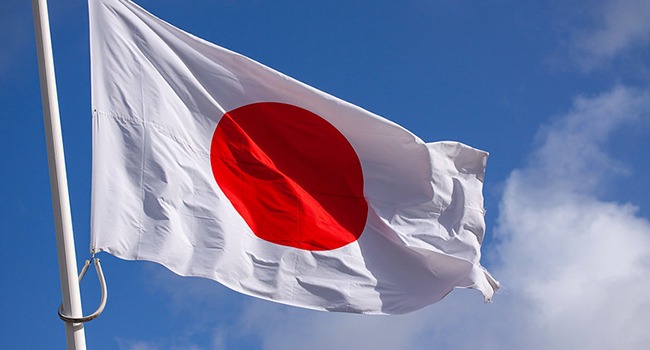The birth rate of Japan slid to an all-time low for the ninth straight year as the youth postponed weddings while the country’s population aged rapidly, government figures revealed on Thursday.
Japan Population Decline Picked Up
Based on preliminary data of the Health Ministry, a total of only 720,988 children were born in the past year, including foreign nationals. The number was 5% lower than 758,631 births in 2023—the lowest recorded since 1899 when reporting started.
Deaths, on the other hand, outnumbered births more than twice, increasing by 1.8% to 1.62 million in 2024.
The country’s total population is 123.54 million, 0.46% lower than last year, based on the Internal Affairs Ministry data.
South Korea comparisons
Japan’s abrupt decline in birth rate is contrasted with South Korea, where recent statistics revealed that births per 1,000 citizens actually rose in 2024—the first increase in more than a decade.
Japan’s Peak Birth Rate and Current Challenges
Japan’s birth rate peaked at 2.1 million in 1973 but never managed to achieve a stable population since then due to:
- Increasing cost of education
- Slow economy
- Altered lifestyle and social preferences
Government Response to the Crisis
Prime Minister Shigeru Ishiba has added population decline as one of his highest policy priorities, calling for rapid reforms. Fiscal costs, cultural transformation, and shrinking workforce remain strong disincentives to turning the trend around.
As Japan’s aging population increasingly becomes a burden on the workforce and welfare system, economists caution that drastic policy adjustments will need to be made in order to maintain economic growth and social stability.









